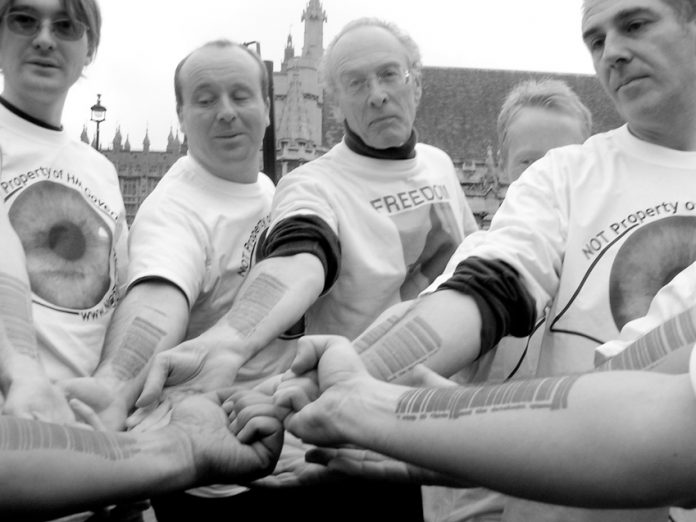
POLICE are using cameras to scan the faces of tens of thousands of London Christmas shoppers, testing facial recognition technology, in a move that was attacked by civil liberties campaigners as an ‘authoritarian surveillance tool’.
The trial – which took place over December 17-18 in Soho, Piccadilly Circus, and Leicester Square – is the seventh of its type in London since 2016. Police are building up a mass base of millions of people who are being treated as potential criminals to match up with evidence from CCTV in the future, where they will undoubtedly link completely innocent people to crimes.
New police figures, that Big Brother Watch has obtained, show that since May, 100 per cent of the Met’s facial recognition matches have incorrectly linked innocent people to those on police watch lists.
Silkie Carlo, director of Big Brother Watch, said: ‘The police’s use of this authoritarian surveillance tool in total absence of a legal or democratic basis is alarming.
‘It is a form of mass surveillance that, if allowed to continue, will turn members of the public into walking ID cards.
‘As with all mass surveillance tools, it is the general public who suffer more than criminals. The fact that it has been utterly useless so far shows what a terrible waste of police time and public money it is. It is well overdue that police drop this dangerous and lawless technology.’
Researchers at Cardiff University revealed that the cameras have the capability to recognise as many as 300 faces a second – 18,000 in a minute. Hannah Couchman, Policy and Campaigns Officer at Liberty, said: ‘The police have tried to suggest the rollout of this invasive technology is an open and transparent trial. We have witnessed the opposite.
‘The use of unmarked vans and false assertions in the limited public statements available, shows the police have no intention of gaining the public’s consent to roll out this mass surveillance technology that undermines our rights to privacy and freedom of association. It has no place on our streets.’
Amazon has begun selling its own big brother-like technology, which it calls ‘Rekognition,’ to law enforcement and local government authorities across the United States. The new service can identify, track and analyse people in real time, recognising up to 100 people in a single image. The information it collects can then be scanned against databases featuring tens of millions of people.